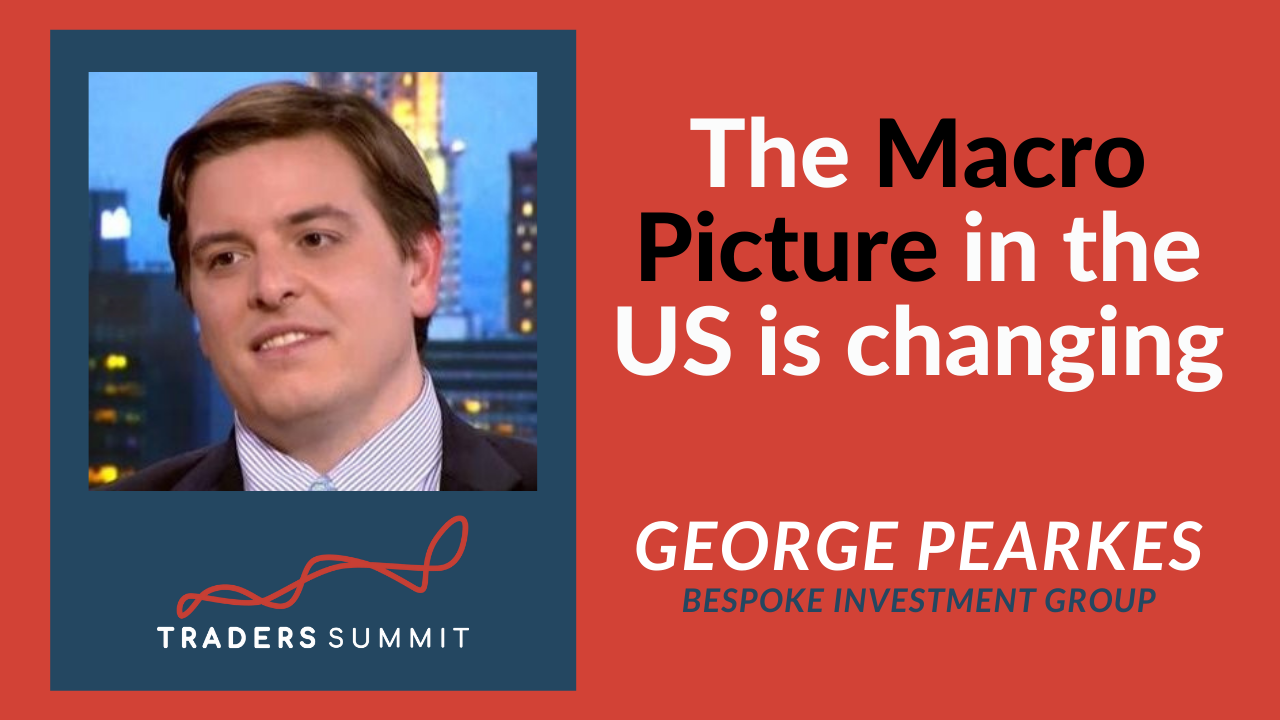Waiting on Jackson Hole

Waiting on Jackson Hole
Ignoring the unremittingly dreary wet weather in the UK, which in fairness is predicted to change next week, the currency markets are still settled in full summer mode. Low volatility and thin trading remain the order. They will probably continue to be the way of the world for the next few days and most certainly till the Fed’s symposium at Jackson Hole gets underway this coming weekend. That’s not to say that we should be ignoring the data that has been released, nor indeed the movements in the US Bond market. Certainly, the UK faced its monthly MOT of the economic data last week. Having digested the UK figures, it is clear to the markets that the inflation genie is still not totally back in the bottle. It was also noteworthy that the ONS and the Government were keen to explain away data that was worse than expected as being due to random factors such as one-off pay rises to the NHS to justify the worrying rise in wages.
The most crucial figure released in the UK was the most recent inflation data, which certainly is heading in the right direction to hit Rishi Sunak’s target of halving the headline figure by the end of the year. That’s all good news, but even if he does achieve this target, which is undoubtedly in touching distance, the level will still be nearly three times the Bank of England’s target. The concern for the markets is that the core level of inflation remains stubbornly high, food prices are still showing increases of over 14%, and services inflation is rising. On top of these concerns is the worry, increasingly mentioned by central bankers, of a trampoline effect where inflation bounces back as it did in the 1970s and 1980s. Unless a significant financial surprise is in store for the UK, it seems nailed on that the Bank of England will raise rates at its next meeting for the fifteenth time in a row.
Another rate hike should encourage the pound to gain ground against its peers. Indeed, it should help the pound against the euro, which the stuttering German economy is starting to pull lower. With the Chinese yuan falling sharply, the continent also faces being flooded by cheap Chinese imports derailing its industries, the effects of which will weigh on the euro. Against the mighty greenback, sterling may find it more difficult. The US economy is defying all expectations by continuing, broadly speaking, to motor along regardless of the Fed’s rapid tightening of monetary policy. Jay Powell and his cohorts continue to talk tough, as evidenced by last week’s FOMC minutes and at last, it seems that people realise that high-interest rates are here to stay and are the new normal. The US treasury market, which sets the tone for the world’s bond markets, certainly thinks so, and yields continue to rise. With the world’s developed markets looking to fund the deficits caused by Covid, bond yields will become more critical in setting the levels of currencies. With UK and US government bonds yielding over 4%, the Eurozone’s bonds and the euro have some catching up to do!
In the UK and Eurozone, there is not too much to get excited about in the week ahead, with the only real data of significance, and that’s probably an exaggeration, being the Purchasing Managers Indexes. Of course, this week’s star of the show will be the Fed’s annual Jackson Hole Symposium, at which the outlook for monetary policy will be the topic that everyone will follow closely. The most important event for all markets will be Fed Chairman Jerome Powell’s speech on Friday morning. How often will he have to say “higher for longer” before the markets finally take it on board? With inflation slowing and indications of weakness in the labour market, optimists will be watching for signs that he indicates a pause in September, an unlikely outcome, but you never know.
Have a great week!
20230821










